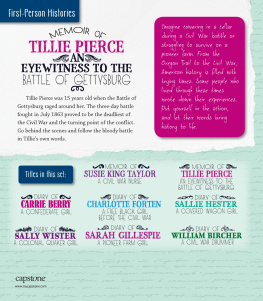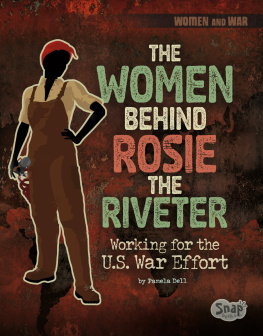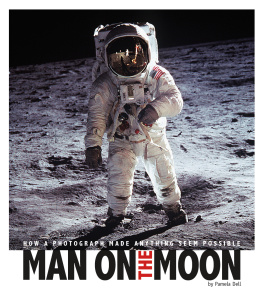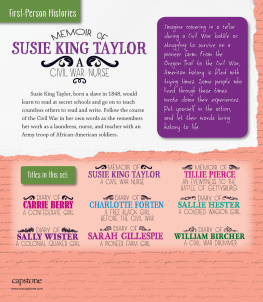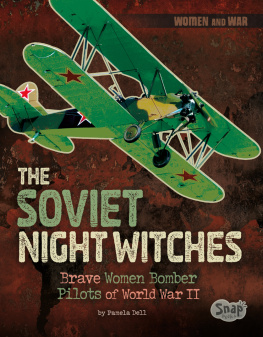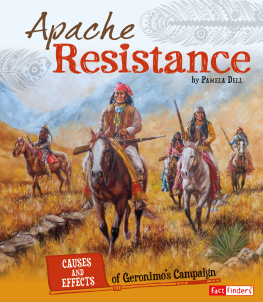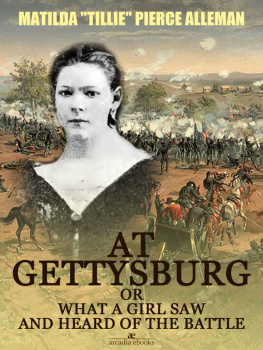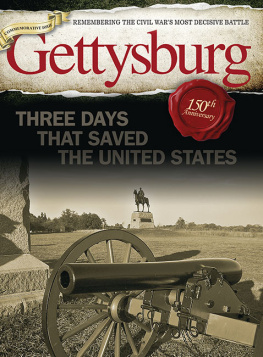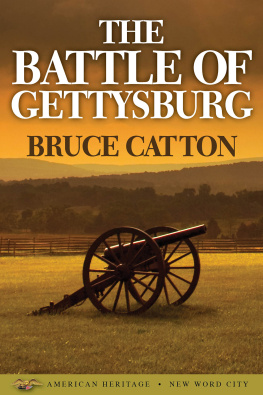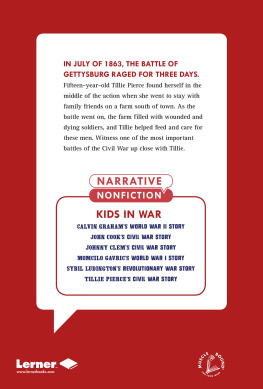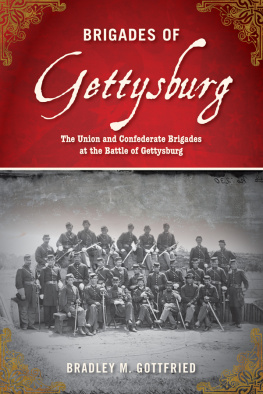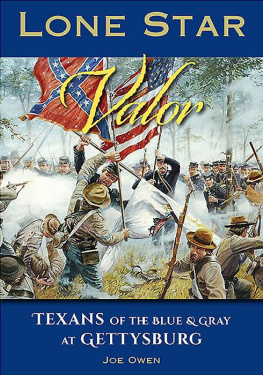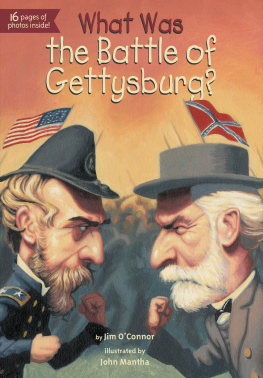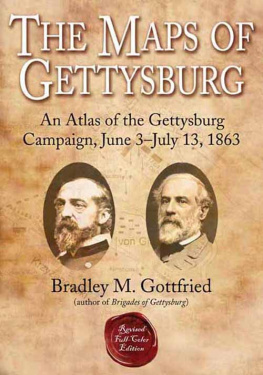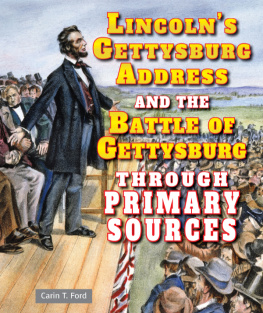A Brave Gettysburg Girl
Matilda Tillie Jane Pierce turned 15 years old in 1863. She had lived in Gettysburg, Pennsylvania, since her birth. But in that summer of 1863, Tillie witnessed one of the most intense battles of the Civil Warthe Battle of Gettysburg. The battle broke out near her home on July 1 and lasted three days. During that time Tillie provided food and water to northern soldiers. She helped nurse the wounded and dying. It was an event she would remember for the rest of her life.
The Civil War, which broke out in 1861, was fought to decide what kind of nation the United States would be. Eleven southern states had Abraham Lincoln would take away that right.
The northern states, called the Union, went to war to keep the United States together as one nation. And by 1863 the Union was also fighting to end slavery.
Tillie Pierce
Most Civil War battles took place in the South. But Confederate general Robert E. Lee finally decided to invade the North. If successful, he believed, the Confederacy might destroy the Union army and even capture Washington, D.C. That, he thought, would lead to victory and independence for the Confederacy. But it didnt happen. After a huge battle in Gettysburg, the Union troops won and Lee and his soldiers had to retreat back to Virginia.
Many lives were lost, but the battle was a turning point in the war. Union troops could no longer be stopped. In the two years after Gettysburg, Union armies won more battles. They slowly occupied the South and destroyed Confederate armies. The North triumphed in 1865. The United States remained unified and slavery ended.
As an adult, Tillie Pierce wrote of her dramatic experience during the Battle of Gettysburg. These are her words.
The Memoir of Tillie Pierce
(June 30-July 4, 1863)
Tuesday, June 30
A little before noon a great number of Union cavalry began to arrive in the town. They passed in the direction of the Theological Seminary.
This collection of memoir entries was written by Tillie Pierce 25 years after the dramatic days she spent witnessing the Battle of Gettysburg. Most of the entries are written as vivid recollections of her experiences during the three-day battle. Because Tillies memoir appears in its original form, you may find a few misspellings and uncommon expressions. To make the meanings of these words more clear, explanations within a set of brackets follow. Also, in some places, words have been removed from the memoir entries. In these cases, you will notice three dots in a row, called ellipses. They show that words or sentences are missing from the text.
The Lutheran Theological Seminary, where students trained to become ministers, sat on high ground. General Buford used the small domed room at the top of the building as a lookout. From there he had a clear view in every direction.
It was to me a novel and grand sight. I had never seen so many soldiers at one time. They were , numbering about six thousand men.
General John Buford is known as the commander who decided the ground on which the Gettysburg battle would be fought. He was the first commander on the scene, leading the 1st Cavalry division of the Union army, which included more than 2,000 men. Many other Union troops also marched in on the day before the battle. Major General George Meade was commander of the entire Union army.
A crowd of us girls were standing on the corner of Washington and High Streets as these soldiers passed by. Desiring to encourage them, who, as we were told, would before long be in battle, my sister started to sing the old war song Our Union Forever. As some of us did not know the whole of the piece we kept repeating the chorus.
Thus we sought to cheer our brave men; and we felt amply repaid when we saw that our efforts were appreciated. Their countenances [faces] brightened and we received their thanks and cheers.
The movements of this day in addition to what we beheld a few days previous, told plainly that some great military event was coming pretty close to us. The town was all astir and every one was anxious.
Wednesday, July 1
We awoke early. It was impossible to become drowsy with the events of the previous day uppermost in our minds. We were prompt enough at breakfast that morning.
As more soldiers were expected, and in order to show how welcome they would be, my sister and I had, on the previous evening, prepared a tableful of bo[u]quets which we intended to hand or throw to them as they passed our house.
We had no sooner finished our breakfast when it was announced that troops were coming. We hastened up what we called the side street, (Breckenridge) and on reaching Washington Street, again saw some of our army passing.
First came a long line of cavalry, then wagon after wagon passed by for quite awhile. Again we sang patriotic songs as they moved along. Some of these wagons were filled with stretchers and other articles; in others we noticed soldiers reclining [lying down], who were doubtless in some way disabled.
It was between nine and ten oclock when we first noticed firing in the direction of Seminary Ridge. At first the sound was faint, then it grew louder. Soon the booming of cannon was heard, then great clouds of smoke were seen rising beyond the ridge. The sound became louder and louder, and was now incessant [continuing without pause]. The troops passing us moved faster, the men had now become excited and urged on their horses. The battle was waging. This was my first terrible experience.
Confederate troops took positions along the high ridge named for the theological seminary. Confederate general Robert E. Lee commanded his troops from there after the first day of battle.
I remember hearing some of the soldiers remarking that there was no telling how soon some of them would be brought back in those ambulances, or carried on the stretchers. I hardly knew what it meant, but I learned afterward, even before the day had passed.
Wednesday, July 1
It was almost noon when the last of the train had passed and I began to think of dinner and the folks at home.
I hurried back, and the first thing that met my gaze as I passed the parlor was the table full of flowers. The soldiers had passed and we had not given them the bo[u]quets. They did not come by our house and in our haste to see them, we had forgotten all about the intended welcome.

